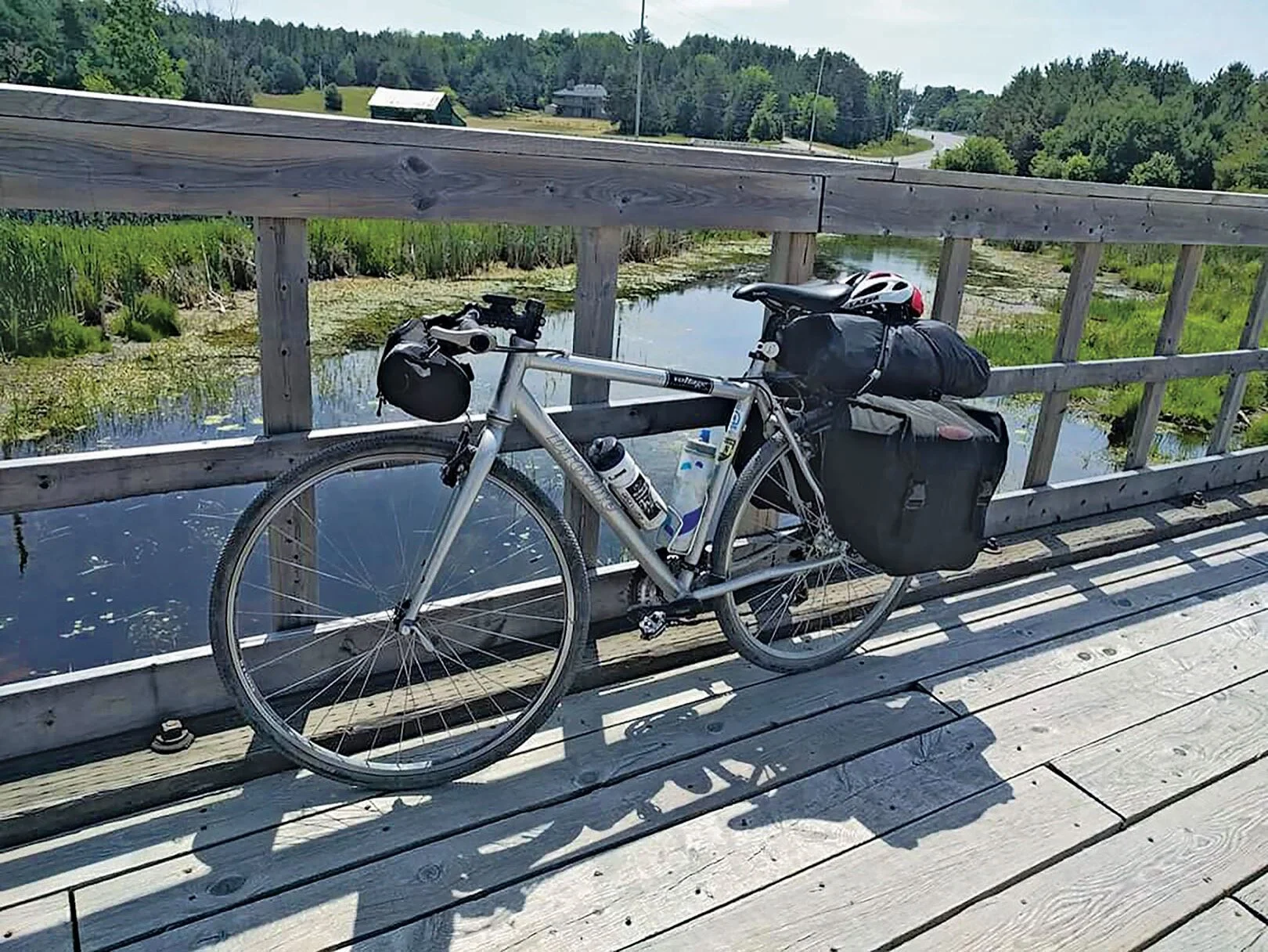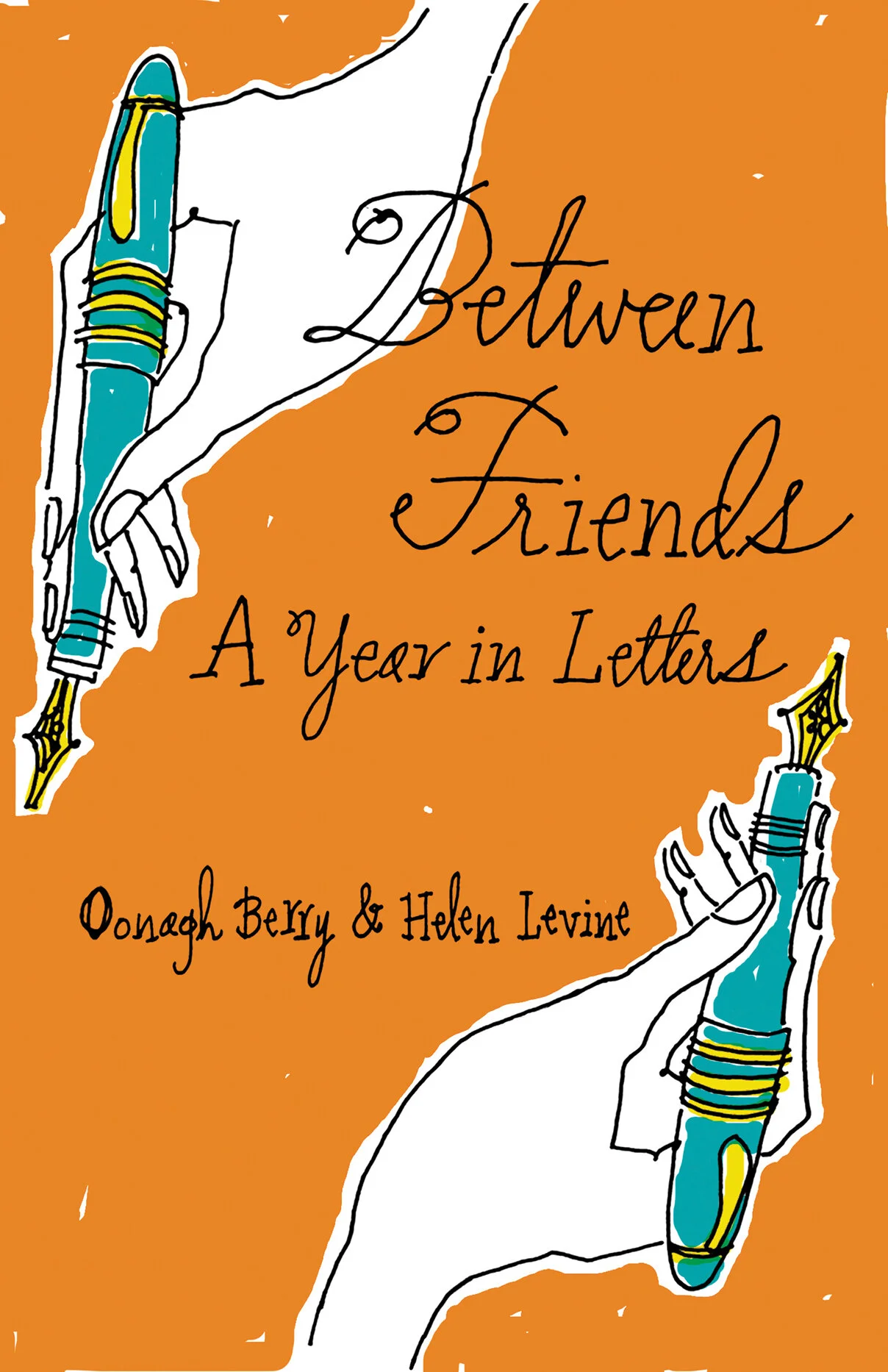Technology Offered Him Intimate World-Recognition
/By Angela Hawn
Ever the spokesperson for democracy and civil respect, Smith is pictured giving a speech at a Trades Union Congress event in 2014. Photo courtesy of Smith Family archive
Age is just a number. Perhaps no one suited that expression better than renowned anti-poverty activist and writer, Harry Leslie Smith, who passed away last November in Belleville General Hospital. And no one probably gave his advanced age less thought. Though he certainly felt every bit of his 95 years, Harry wasted little time dwelling on it. He preferred to put his energy into getting his message across.“ He saw the world returning to the ugliness of the 1930’s,” explains his son John, noting his father’s outlook on society plummeted in the face of recent disasters such as 2009’s global financial crisis and the ongoing Syrian conflict.
“He said, ‘I have a voice and I must use it’.” A survivor of The Great Depression and the Second World War (WWII), Smith certainly had a lot of material at hand. He had witnessed the evolution of the Welfare State and applauded the birth of Britain’s National Health Service, so similar to Canada’s provincially-run health care programs. Life had improved after WWII and Smith dreaded a return to the ways of his childhood. In his opinion, a truly democratic society extends a helping hand to those in need.
A young soldier, Harry Leslie Smith in uniform.
With John’s encouragement, he set out to write and self-publish a memoir. When one of Smith’s pieces from a popular pro-democracy website went viral, England’s Fleet Streetsat up and took notice. According to John, previous attempts to publish in The Guardian had gone nowhere, but now the iconic newspaper clamoured to put out a series of Smith’s columns. A Facebook blog even drew the attention of a literary agent and more of Smith’s words made it to print, including the popular Harry’s Last Stand, Love Among the Ruins and Smith’s last book, Don’t Let My Past Be Your Future. Suddenly the man who had dabbled in a little poetry during the war years was an accomplished author.
But perhaps Smith’s greatest leap into the world of public discourse came via Twitter. When an acquaintance suggested Smith give the popular social media tool a whirl, John claims his dad jumped in with both feet. “He could always turn a pithy sentence or two,” says John, declaring the ever-articulate Smith easily adapted his writing style to suit Twitter’s 140 character limit.”
Seems pretty savvy for a guy who had not even used a telephone until he joined the Royal Air Force at age 18. Smith’s first taste of mass communication had occurred only a few years prior when one of his mother’s boyfriends purchased a radio just before WWII. Adept at handling steep learning curves and rolling with change, he trained and served as a wireless operator with the Royal Air Force (RAF). It’s not hard to see how a smart man like Smith could make such a splash using 21st century social media platforms nearly seventy years later. As the appetite for Smith’s wisdom mushroomed, he suddenly found himself travelling in the same rarified Twitter-sphere as like-minded celebrity activists such as Mia Farrow and John Cusack. With roughly a quarter of a million followers ready to listen, Smith started putting out regular podcasts. In an era of growing disillusionment with political leadership, the elder statesman’s cutting, but on-point remarks about life under figures such as Donald Trump and David Cameron certainly resonated, especially with social media savvy millennials. Then again, maybe it was just Harry. Reporters near and far frequently marvelled at the man’s ability to relate to his audience in an intimate, almost “folksy” way. But Smith didn’t just rely on the printed word to relay his message. A visit to a refugee camp in Calais, France brought worldwide attention and helped Smith remind new generations of Britain’s more open-minded attitude towards the displaced post WWII. Time and time again, Smith spoke of the significant political change he saw in the late 1940’s. He often found himself wondering about current push back towards refugees when Great Britain alone had welcomed and resettled 250,000 Polish immigrants immediately after the war.
A life-time of loving companionship is clearly reflected from the faces of Harry and Friede. Photo courtesy of Smith Family archives.
When the British Labour Party invited Smith to speak at a conference in 2014, he addressed another concern near and dear to his heart: publicly funded health care. His rallying tag-line, “Mr. Cameron, keep your mitts off my NHS,” brought the crowd to its feet.“’He’s the real deal’ is what my father said about Jeremy Corbyn,” John remembers, recalling Smith made that confident declaration the first time he met the now famous British Labour Party leader, even before Corbyn had landed the job.
One of their first photos as a newly married couple, Harry and Friede Smith on their wedding day, August 1947, Germany. Photo courtesy Smith Family archives.
Yet fame meant little to Smith. Though he valued the fact so many shared his passion for social democracy, Smith tended to take pleasure in life’s simpler things. “We went into the Belleville Metro every day and people who had no idea who he was just enjoyed talking with him,” smiles John, describing regular shopping outings with his dad. “He was always very engaging.” That long journey from impoverished childhood in a Northern England slum to his senior years in Belleville, Ontario formed the backbone for much of what Smith had to say. As a member of the post-war Allied Occupation Forces, he’d witnessed first hand the hardships experienced by displaced Europeans and later watched with distress as similar crises beset his fellow man in a never-ending list of locations around the world, from Chile to Vietnam.
Born to a family of coal miners, Smith knew all about life lived in constant want. When his older sister Marion contracted Spinal Tuberculosis at age 11, the family couldn’t afford medical treatment. She spent her final days in a workhouse/infirmary, ending up finally in the anonymous mass grave of a pauper. Shortly afterwards, Smith’s father suffered an injury on the job. Both unemployed and unemployable, he quickly became a drain on the family’s sparse income. Seven year old Harry suddenly found himself pressed into service as child labourer, pushing a heavy beer cart up and down steep and narrow streets.“ This of course meant education became difficult,” explains John, “but his father made sure he always had a library card.” Forced by circumstances beyond her control, Smith’s mother eventually told her husband to leave. She needed to make room for an able-bodied bread winner who could support her surviving children. John estimates the family had been trying to subsist on what amounted to about $100.00 per month in today’s terms. “His mother went feral because she was emotionally crippled by hunger,” declares John, recounting his father’s descriptions of the up and down relationship he had with his remaining parent. “But Harry never judged her for it.
Smith was active in his social media reports on the plight of refugees, and in his advanced years visited the refugee camp in Calais, France. Photo courtesy of Smith Family archive.
Even then, Smith seemed ahead of the curve. Despite his youth, he saw the era for the merciless period it was. He knew his mother and others like her suffered from a complete lack of respect for women and a general disregard for the penniless. “He talked about all of the injustices to the poor,” John recalls. “He said it was just as evil as slavery.” No doubt this kind of empathy came into play the first time he set eyes on the young woman who would eventually become his wife. When Smith spied a sickly, malnourished Friede bartering for food in post-war Hamburg, he leapt into action.
“He used the little German he’d learned and barged into her life,” laughs John, “Eventually he convinced her to let him walk her part of the way home.” The couple married and moved to England, but found life almost as difficult there. Although close friends included several from an eclectic mix of European countries, the couple faced a great deal of prejudice. Many people resented Smith’s German wife. What’s more, financial prospects for the future looked bleak. “My mother left him and went back to Germany,” explains John. “She suggested a third country might be their only hope, and she liked the idea of Canada, probably because she was captivated by all of the open spaces.” Naturally, a cross-Atlantic move in 1953 brought more challenges. With only a meagre sum to start their new life, the couple eventually took up residence in Toronto.
At last things started to fall into place. Using his experience as a carpet weaver back home, he talked his way into a job in oriental carpets with Eaton’s department store. Smith thrived in the cosmopolitan company of several Hungarian colleagues who had been forced to flee their homeland during the 1956 revolution and embraced Canada’s reputation as proponent of the multi-cultural mosaic. Life was good.
A man of diverse intellectual interests, Smith is shown here as being “in deep thought.” Photo courtesy of Smith Family archives.
But over time, several new setbacks led to fresh sorrow for Smith. First, one of his three sons, Peter, struggled with schizophrenia. Next, Smith lost his wife in 1999, only to discover Peter had developed Pulmonary Fibrosis a few years later.
“My father and I were living in Portugal at the time, but we came back to help,” explains John, noting the move brought them both to his brother’s hobby farm in Eldorado. “Peter passed away in 2009.”
John figures the great joy Smith discovered through writing helped compensate for all of the grief suffered so late in life. Having fallen in love with the area, he and John settled in Belleville and Smith’s career as a writer took off. Yet not even a wise man like Smith could ever have predicted just where a journey started nearly a century before might take him. A quick glance at his Twitter feed says it all. The tributes as Smith lay ailing in his hospital bed flooded in from around the world: “A good man in times of indifference to such good, a necessary voice, legend, hero, the voice of humanity in a turbulent and unjust world, national treasure, world treasure, and grand old lion.” An inspiration to thousands everywhere, Smith’s words of wisdom influenced no one more than his youngest son. Bound and determined to keep his father’s mission alive, John continues to monitor the plight of the down-trodden on his dad’s behalf and still manages Smith’s Facebook and Twitter accounts. Like his father, he plans to carry on visits to refugee camps in hopes of shining a spotlight on the lives within. John even thinks he just might write a book of his own one day. The subject? Life with his incredible father, of course.








































